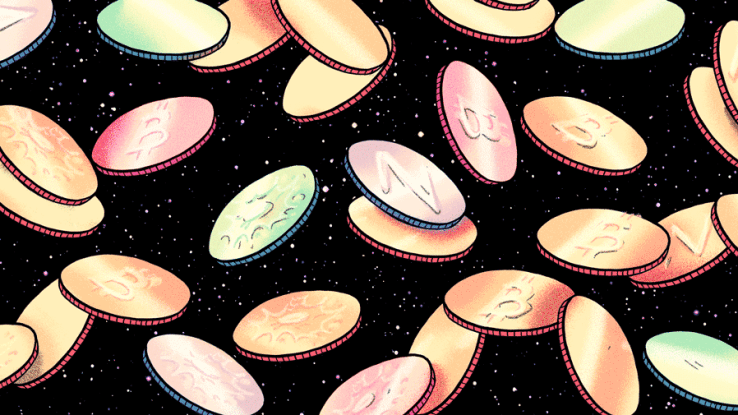Dharma wants to let anyone borrow a small amount of cryptocurrency

dApps, or decentralized apps, are open-source applications built on top of a blockchain. But here’s the thing – users usually can’t interact with these dApps unless they have tokens issued by these projects. For example, both Augur, a decentralized prediction market and REXMLS, a free global listing network for real estate, require tokens to interact with.
But if you didn’t participate in the dApp’s ICO, getting these tokens isn’t easy.
While some tokens trade on exchanges, you’d have to first buy Bitcoin or Ethereum (which still isn’t necessarily easy), send it to an exchange, convert it to the token, then send to token to the dApp. It’s a process, to say the least.
So, enter Dharma, a company part of this summer’s Y Combinator batch.
Dharma wants to let anyone get a small cryptocurrency loan in just a few minutes, so they can use a dApp without going through that long process to acquire a token.
Right now these loans are only denominated in ether (which some dApps accept), but eventually Dharma wants to be able to support the borrowing and lending of any crypto asset. All loans are denominated in USD so neither side is exposed to the volatility risk associated with cryptocurrencies.
Since Dharma is built as an open-source plugin, developers can essentially plug a line of credit directly into their dApp, so users can get tokens to use without ever leaving the platform. Dharma’s protocol can also be accessed without going through a dApp at all, if someone just wanted to borrow a cryptocurrency to use for no specific purpose.
Of course it’s a little lot more complicated than this on the backend.
The loans themselves are peer-to-peer, meaning Dharma isn’t actually loaning you any money – they are just building the open-source protocol to facilitate the borrowing and lending off cryptocurrency. And all loans are represented by Dharma’s own newly issued ERC20-based token, which lives on the Ethereum blockchain.
So how does Dharma make money?
The startup is also handling the credit risk assessment / loan approval process – which is the only aspect of the protocol that is not decentralized. At launch Dharma will collect basic KYC (know your customer) information from borrowers and decide if the borrower is likely to pay back the loan.
Since loans aren’t collateralized and there is no actual credit check, Dharma will likely limit first-time borrowers to small amounts of cryptocurrency. But over time as users generate solid repayment history they may increase the amount able to be borrowed, which is a model not so different from Affirm. In return for verifying a borrower, Dharma (the startup, not the protocol) will be allocated a certain portion of loan principal as a fee.
Right now Dharma is the only entity that is approved to decide a borrower’s creditworthiness and approve a loan. But eventually they want to permission other entities to step in and approve borrowers – for example, an African TelCo has a lot of information on its users that Dharma doesn’t have, that could be used when deciding to approve them for a loan.
Dharma isn’t totally live yet – but you can try it out on Testnet, which is a faux version of Ethereum’s blockchain just used to test apps. On Testnet Dharma works with Metamask – a chrome plugin that lets you run Ethereum dApps right in your browser and 0x – a decentralized token exchange. But soon Dharma plans to launch on Ethereum’s live network and integrate with many more dApps.
If you want to learn more about Dharma, you can check out their White Paper right here.
Featured Image: Li-Anne Dias